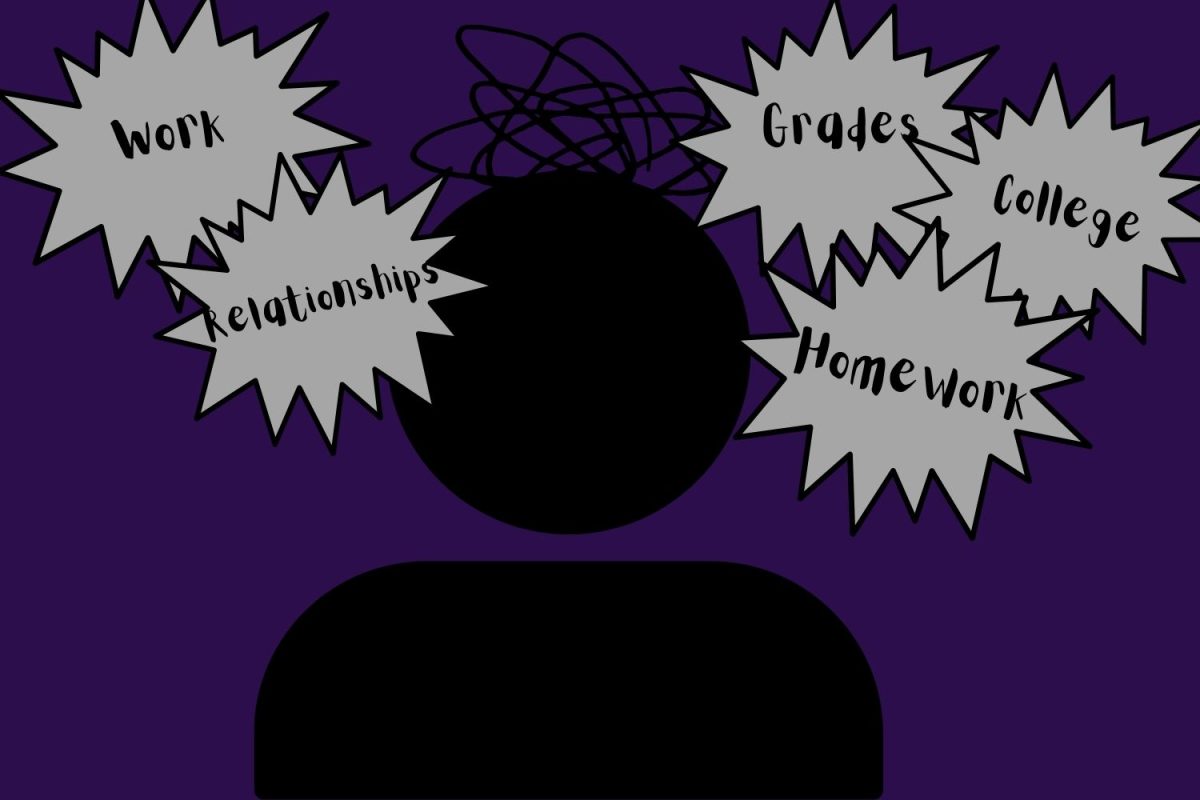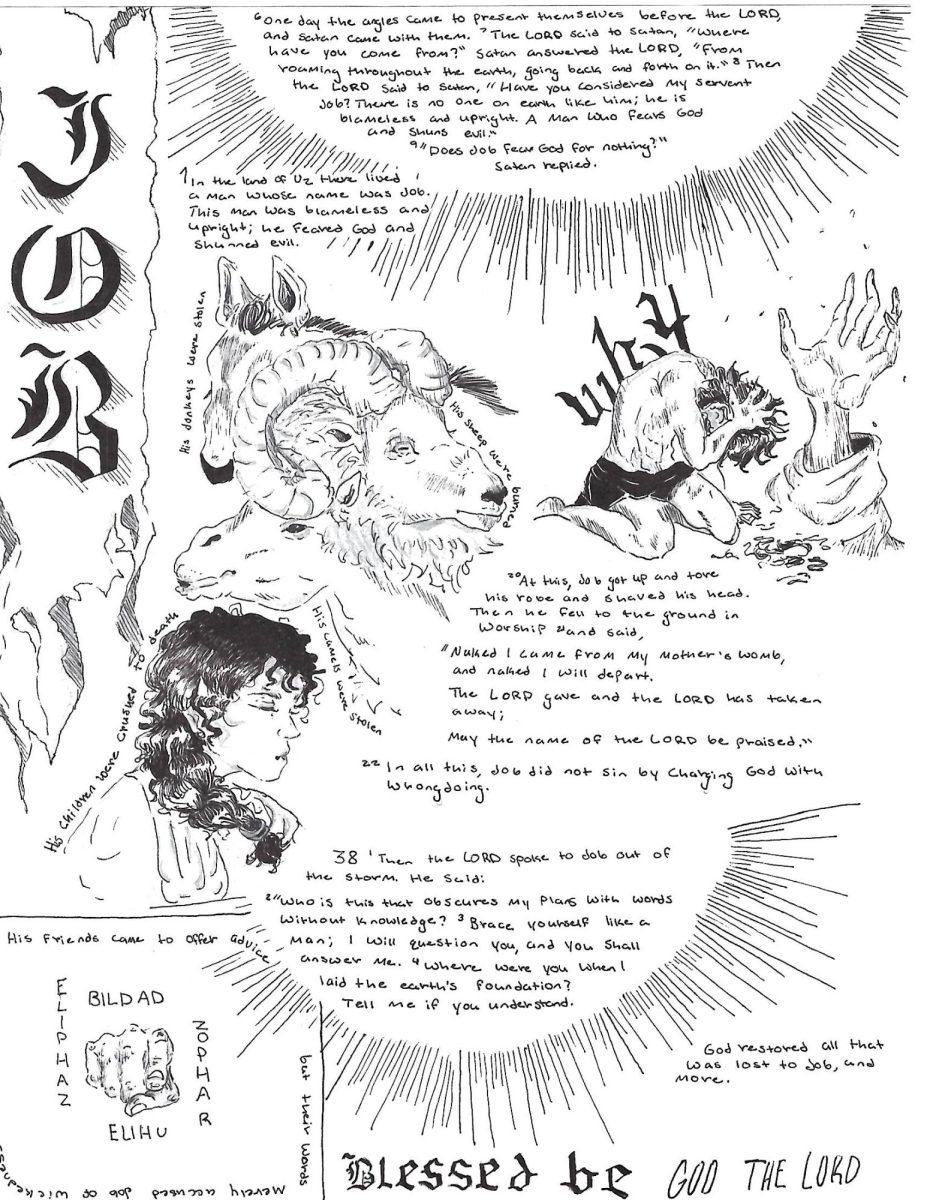Cautionary posters blanket school hallways, commercials warn drivers in between TV shows, and assemblies alert students of its hazards. Very few high schools are untouched by the tragedies caused by texting and driving. Lately, however, a new cause for care comes to the forefront. No longer are drivers alone held accountable for crashes caused by text messaging, but their friends can be as well.
Texting is expected in the social circles of most high school students. The communication method can replace phone calls, mail and even doorbells. Students plan, gossip and talk to their friends via text message daily. Whether or not one’s friend is preoccupied is the last thing on a texter’s mind. The unfortunate reality is that this carefree attitude could endanger others. Now, the possible risks of texting a driver might show you your day in court— or much worse.
Following a devastating crash in 2009, three New Jersey judges made a ruling last August that set a new standard: a person who knows he or she is texting a driver can be held legally responsible for any injuries without even being in the car.
In September of 2009, Shannon Colonna, 17, sent her boyfriend, Kyle Best, 18, a text message while he was driving. They had been talking all day, and this particular message was nothing special or different from the rest.
Seventeen seconds later, Best was calling 911.
Best had hit David and Linda Kuberts’ motorcycle, resulting in the loss of both David and Linda’s left legs. The couple sued Best and settled, but lost in their suit against Colonna for distracting him. When the Kuberts appealed the decision, the courts denied Shannon Colonna’s legal responsibility, but only on the basis of her ignorance that her boyfriend was behind the wheel.
The judges conceded that should a person knowingly text a driver, the sender may be at fault for any injuries sustained. This means that next time you think a friend might be behind the wheel, you should definitely take some responsibility for their safety. If you don’t, there’s a chance you may face legal action.
The moment you discover your friend is driving should be the second that conversation ends. Though the driver obviously shoulders responsibility for keeping the conversation, you can do your part by choosing to end it. The fewer people who will reply to a friend’s messages while behind the wheel, the lower the chances are of a fatal accident.
The next time you are texting a friend, make sure they are making safe, mature choices. Texting stops being fun when it contributes to tragedy. You can find more information on keeping you and your friends safe on the road at Allstate Foundation’s www.KeeptheDrive.com.







